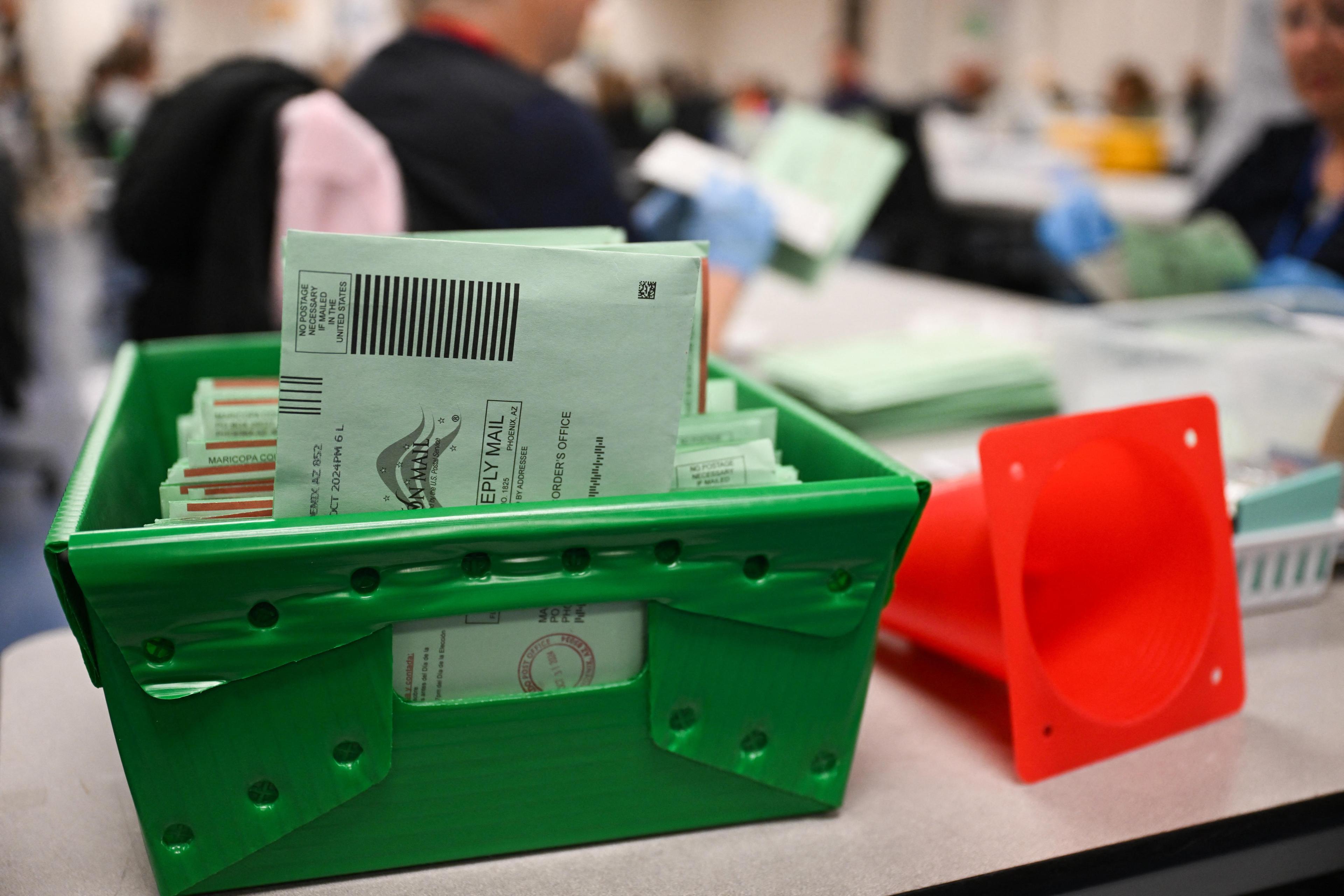Tucked away in a Target parking lot on Havana Street in Aurora on Sunday, a large group of Venezuelans cheered, danced and waved their national flag as music blasted from parked vehicles.
It was a celebration of what they hoped would be a new era in their country’s politics — more than 3,000 miles south of Colorado.
That same day, Venezuela held a hotly contested presidential election that the Venezuelan national electoral council — which some say is run by incumbent Nicolas Maduro’s government — said was won by Maduro himself, despite opposition candidate Edmundo Gonzalez and his campaign announcing they have proof to show Gonzalez won the country’s disputed election.
Karelys Espinoza and her family were among the participants at the Target in Aurora. She said she was there in support of a new government and the end of the dictatorship under Maduro.


“Because our country was a country where we received immigrants, where we shook hands and supported foreigners, now because of the (regime) we are the ones who left our country,” Espinoza said in Spanish.
Espinoza, her husband, and three children have been in Denver since late 2022 when they arrived after traveling for several weeks by foot from Venezuela all the way to the U.S. border. Several months later, her mother and sisters joined them.
She said they all fled in order to seek safety and better opportunities. But Espinoza said her mother and sisters said they would return to their home country — if it came under new leadership.


The Venezuelan president’s pitch in this election was one of economic security, which he tried to sell with stories of entrepreneurship and references to a stable currency exchange and lower inflation rates. The International Monetary Fund forecasts the Venezuelan economy will grow 4 percent this year — one of the fastest in Latin America — after shrinking 71 percent from 2012 to 2020.
But most Venezuelans have not seen any improvement in their quality of life. Many earn under $200 a month, which means families struggle to afford essential items. Some work second and third jobs. A basket of food staples to feed a family of four for a month costs an estimated $385.
Foreign leaders, including in the U.S., have since held off recognizing the legitimacy of Sunday’s election results. Speaking in Tokyo on Monday shortly after Venezuelan election officials announced Maduro’s win, U.S. Secretary of State Antony Blinken said the U.S. was concerned that the result reflected neither the will nor the votes of the Venezuelan people. He called for election officials to publish the full results transparently and immediately and said the U.S. and the international community would respond accordingly.
“It’s critical that every vote be counted fairly and transparently, that the electoral authorities immediately share information with the opposition and independent observers without delay and that the electoral authorities publish the tabulation of votes,” Blinken said. “The international community is watching this very closely and will respond accordingly.”
Espinoza said she has been in constant contact with family back home where protests have halted services. She said it is impossible for people to leave Venezuela at the moment.
“Right now Venezuela is in a coup d'état where there is no transportation; there is nowhere to buy food because everyone is protesting in the streets,” she said in Spanish.
- This Venezuelan family made Denver their new home thanks to ‘many angels along the way.’ New arrivals from the border may not be so lucky
- Why many new immigrants in Denver can’t get federal work permits — at least right away
- Venezuelan immigrants came to Denver for a better life. Here’s why US law could get in their way
- This Venezuelan immigrant crossed seven countries and a treacherous jungle to clown around in Denver
- Interview: Venezuelans who migrated to Colorado can start to apply for temporary legal status, but many say it’s an inadequate solution
- Colorado schools dramatically adjusting to teach migrant students – many who’ve never been to school before



